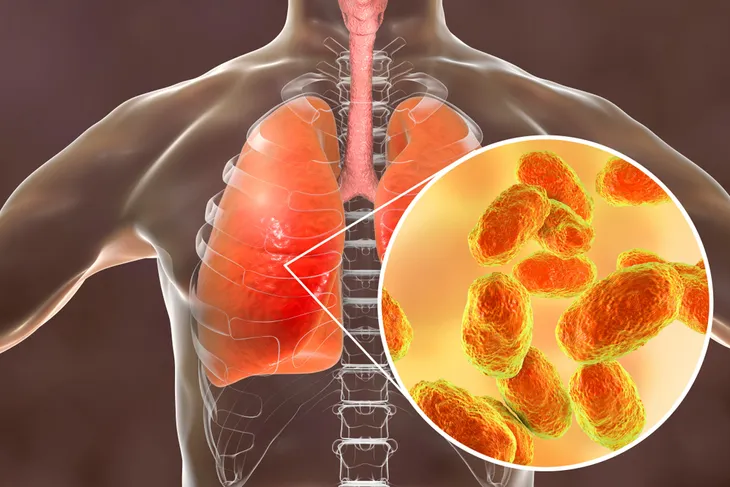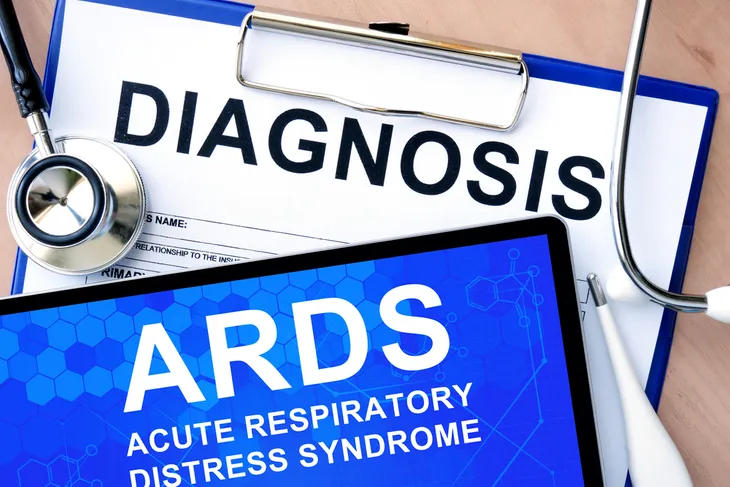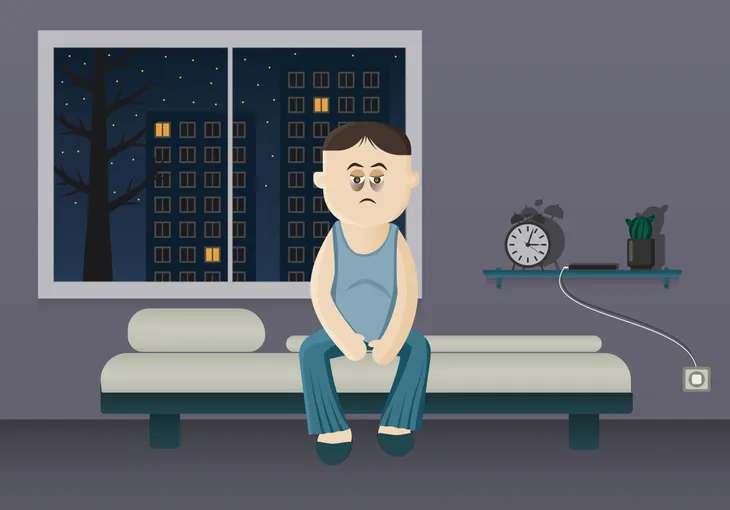When mismanaged or overlooked, chronic obstructive pulmonary disease (COPD) can lead to severe, potentially life-threatening complications. While COPD primarily affects the airways in your lungs, causing them to become swollen and partly blocked, complications caused by COPD can span far beyond just your lungs.
They can affect not only your lungs but also your heart, body composition, and mental state. To emphasize the severity of possible complications brought on by COPD and to help you quickly identify when they might be happening, below is a breakdown of five potential complications of COPD.
Respiratory Issues
Pneumonia
Being a disease that affects the lungs, COPD can cause many respiratory complications. The most common of these include increased cases of cold, flu, and pneumonia. Of these, pneumonia is typically the most dangerous. Pneumonia can be a viral, bacterial, or fungal infection resulting in inflammation of the lungs.
The symptoms of pneumonia include:
- Shortness of breath
- Cough
- Chest pain
- Fatigue
- Fever
To give you an idea of how common pneumonia is in patients with COPD, research has found that pneumonia develops in about 36-percent of patients with COPD during their first flare-up. Furthermore, pneumonia has been found to be six times more likely to develop in people with COPD than in people without COPD.
After contracting pneumonia, you’re also at a higher risk of developing more severe problems, such as sepsis (a potentially life-threatening condition caused by the body’s response to an infection in the bloodstream) and respiratory failure.
Acute Respiratory Distress Syndrome
According to Medical News Today, another life-threatening respiratory complication that can occur from COPD-induced pneumonia is acute respiratory distress syndrome (ARDS). ARDS happens when severe inflammation of the lungs causes fluid to leak into the blood vessels in the airways, causing the small air sacs to collapse.
Symptoms of ARDS may include:
- Severe shortness of breath
- Rapid breathing
- Confusion and extreme tiredness
- Fever
People with COPD also have a higher risk of developing lung cancer, lung collapse (pneumothorax), and high blood pressure in the arteries of the lung (pulmonary hypertension).
Apart from treatment prescribed by your doctor, quitting smoking can also help you to avoid developing these complications.
Heart Issues
While it’s not completely understood why, people with COPD have a higher risk of heart disease, and 20- to 70-percent of people with COPD develop heart failure.
One theory why this is the case is that when the lungs don’t work correctly, as happens in people with COPD, it places more stress on your heart (and other organs). As this stress builds, the heart can become weak and less able to pump efficiently, eventually resulting in heart failure. In people with COPD, this failure usually happens on the right side of the heart.
The symptoms of heart failure include:
- Shortness of breath
- Fatigue
- Swelling in the legs and feet
- Cough
- Irregular heartbeat
- Trouble with blood circulation
- An enlarged liver
Quitting smoking and being active can both help increase circulation and reduce the risk of heart failure induced by COPD.
Depression
People with COPD can experience trouble breathing even at rest. Anything that requires even the mildest exertion, such as exercise or social events, can then become progressively more difficult as your COPD develops and progresses. This can result in not being able to do what you enjoy, which could lead to shutting yourself in, feeling depressed, and even developing serious mental health issues.
Symptoms of depression include:
- Loss of interest in activities
- Feelings of sadness
- Fatigue
- Trouble sleeping
- Changes in appetite
Research has actually found that the rate of depression is almost two times higher in people with COPD compared to people without it. This rate also becomes higher as COPD progresses.
At the first sign of any of the symptoms above, seek help from a doctor or a psychotherapist.
Body Structure Issues
There are a number of COPD symptoms that can contribute to your body becoming progressively weaker and more fragile, says Medical News Today. For example, difficulty breathing can make eating difficult, potentially resulting in weight loss, and fatigue can result in decreased physical activity levels, potentially leading to muscle wasting, especially in the arms and legs. Similarly, a history of smoking, prescribed steroid use, and a lack of exercise can all contribute to the thinning of bones (osteoporosis).
Aside from composition, an inadequate supply of oxygen or overabundant supply of carbon dioxide in your blood, as caused by COPD can give you shortness in breath, headaches, and a feeling of dizziness.
Symptoms of COPD-induced frailty and weakness include:
- Weight loss
- A decrease in muscle mass
- Osteoporosis
- Fatigue
- Low physical activity, decreased mobility, and a slow walking speed
Frailty is especially common among people with COPD, with almost 58-percent of people with COPD experiencing this symptom. Those who also have diabetes, which can also be a complication of COPD, and suffer from shortness of breath have the highest risk of experiencing frailty.
In cases of frailty, speak with your doctor immediately about possible treatment plans.
Sleep Issues
There are a myriad of COPD symptoms that can cause you to have issues sleeping. At the top of that list is obstructed breathing, which can not only cause you to constantly wake up during the night (affecting your body’s ability to recover) but can also lead to more serious complications, such as sleep apnea, explains WebMD.
Sleep apnea is a condition where you experience prolonged periods of not breathing during sleep. Combined with already-low oxygen levels, sleep apnea can significantly worsen your COPD. Plus, untreated sleep apnea also raises your chances of high blood pressure (hypertension), heart disease, and stroke.
Sleep affects every part of our body’s functioning, so symptoms of sleep apnea can be vast and wide-ranging. Nonetheless, they include:
- Excessive daytime sleepiness
- Loud snoring
- Observed episodes of cessation of breathing during sleep
- Abrupt awakenings accompanied by gasping or choking
- Awakening with a dry mouth or sore throat
- Morning headache
- Difficulty concentrating during the day
- Experiencing mood changes, such as depression or irritability
- High blood pressure
- Nighttime sweating
- Decreased libido
If you think you have sleep apnea, ask your doctor about a sleep apnea test. You might also have to use a continuous positive airway pressure (CPAP) machine to help you breathe as you sleep.









